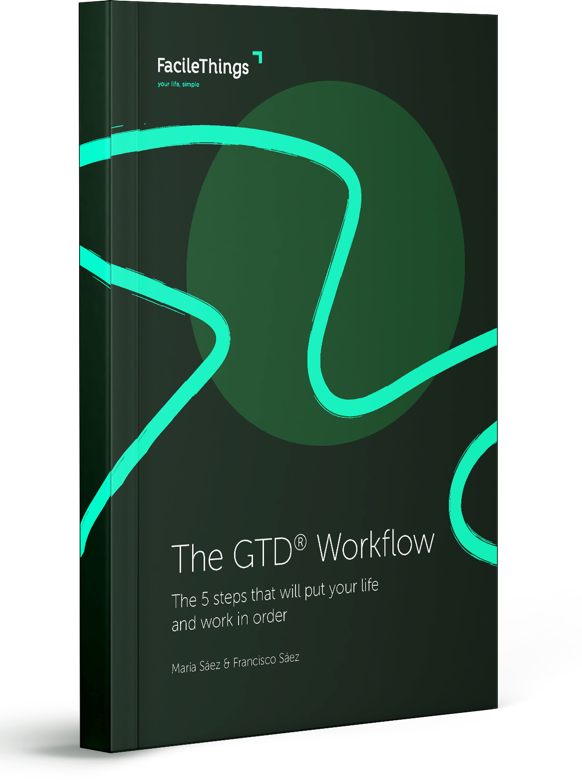Personal Productivity
How Much Time Should You Spend On Planning and Doing To Succeed?
AUTHOR: Alana Downer
The biggest difference between dreamers and doers is the results they’ll see. The reality of the matter is that neither of those people will reach their fullest potential without proper planning and execution. If you spend the whole time planning, you’ll never get anything done. If you spend the whole time doing, there’s no way to assure the efficiency and timeliness of what you’ll achieve.
Finding an ideal ratio of planning and executing that plan is necessary to see your efforts become worthwhile. However, that ideal ratio significantly differs from person to person and task to task.
Completing a Task is More Important Than Planning It
Unless you’re clairvoyant, no amount of planning or research can truly prepare you for the task you’re about to complete. Most things are easier said than done, and many people require hands-on experience before they’re truly familiar with a task they’re completing for the first time. A Harris Interactive poll found that 52% of American adults found that hands-on experience was the best way to learn out of the 8 methods they were asked to evaluate.
Planning is a process that typically involves everything except for this hands-on experience. Planning serves to remove some of the mystery from attempting a task for the first time or help you procrastinate tasks you hate, but it’s far less impactful than an actual attempt at completing that task. Even if you fumble or make mistakes, you’ll have a clearer understanding through troubleshooting.
This is why planning can only take you so far. Spending the majority of time doing instead of planning will give you functional, practical, and sensory experience that will allow you to master a task.
How Experience Impacts a Task
If your task is to rebuild a car’s engine and you have virtually no experience working on car parts, the execution is going to take you an extensive amount of time. You’ll likely make mistakes and need to backtrack if you’re attempting to learn as you go. The reason that a mechanic can rebuild an engine in such a timely manner is that he or she has planned the process and executed it many times before.
If you’ve spent a significant amount of time planning and executing a similar task before, you only need to plan for the particulars of a situation and create a backup plan in the event that things don’t go the way you envisioned. This is where the least amount of planning is necessary. Experience should always guide your approach.
Removing Artificial Limits
There is no magic ratio for planning and executing. It all depends on the individual’s level of comfort, experience, and knowledge. Taking the same approach to every task can lead to significant inefficiency. As projects begin, plans can change. Over-planning can quickly and easily become a waste of time. On the other hand, not planning at all can lead to disorganization that hinders a project.
Instead of abiding by an arbitrary formula, plan as you go. Start with an outline, and then plan each aspect of the task as it comes. You may need to plan further after you’ve started. Doing so allows you to develop an accurate plan that’s easy to abide by, assuring all of your research and time is put to good use.
Each facet of a project may require a different amount of planning, but you won’t know until you get to it. This can change the ratio of planning every time. Some things may require no planning at all. Other things that require coordination or tasks that are contingent on the completion of other things may need greater amounts of planning. Take things as they come to avoid wasting your efforts.
As a rule of thumb, it helps to spend less time planning than actually doing something. If you’re spending more than half the time planning, you’re missing valuable opportunities to accomplish tasks. Even trying, failing, and learning from your mistakes has the potential to be more beneficial than sitting at the drawing board all day.





No comments